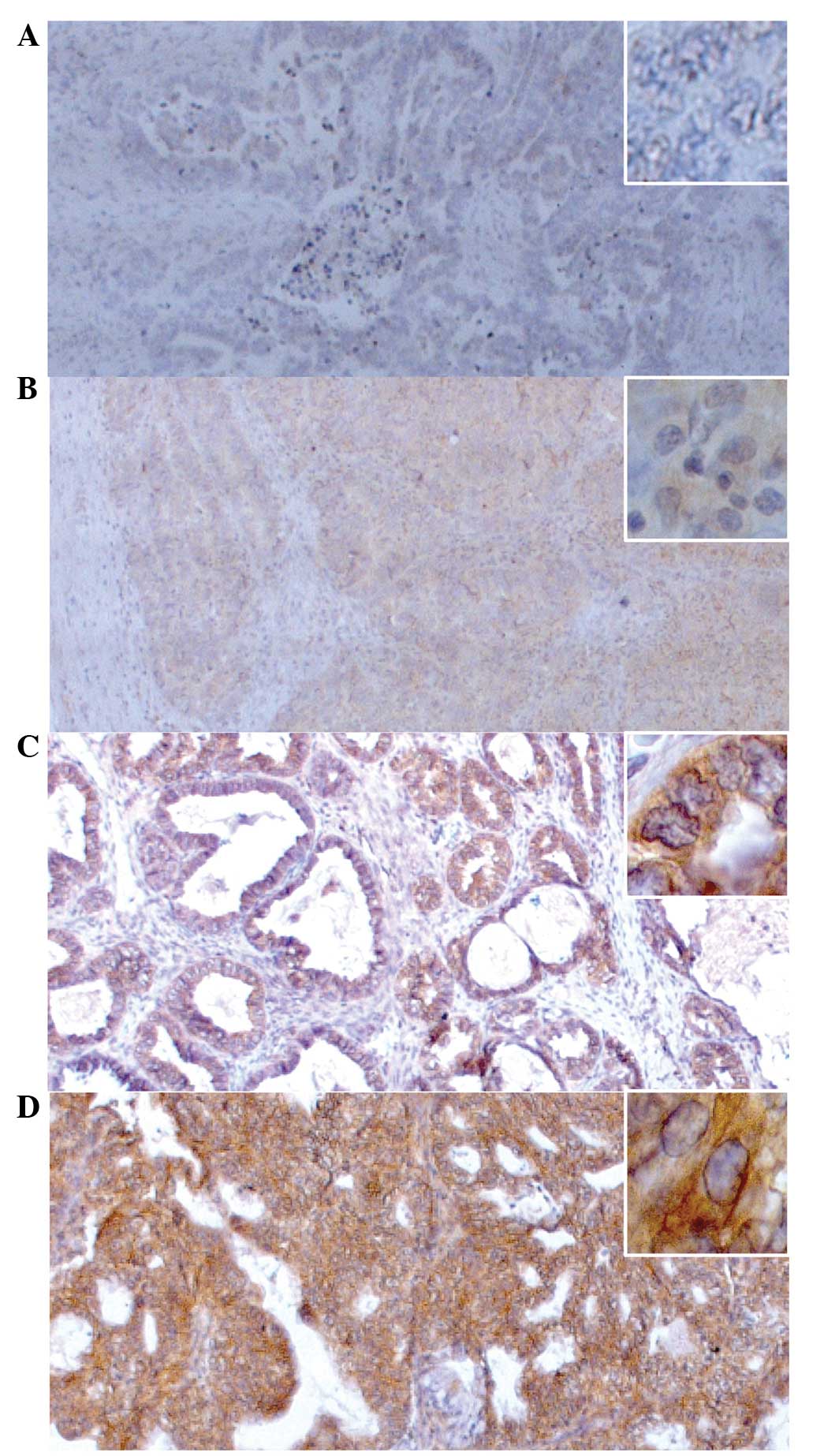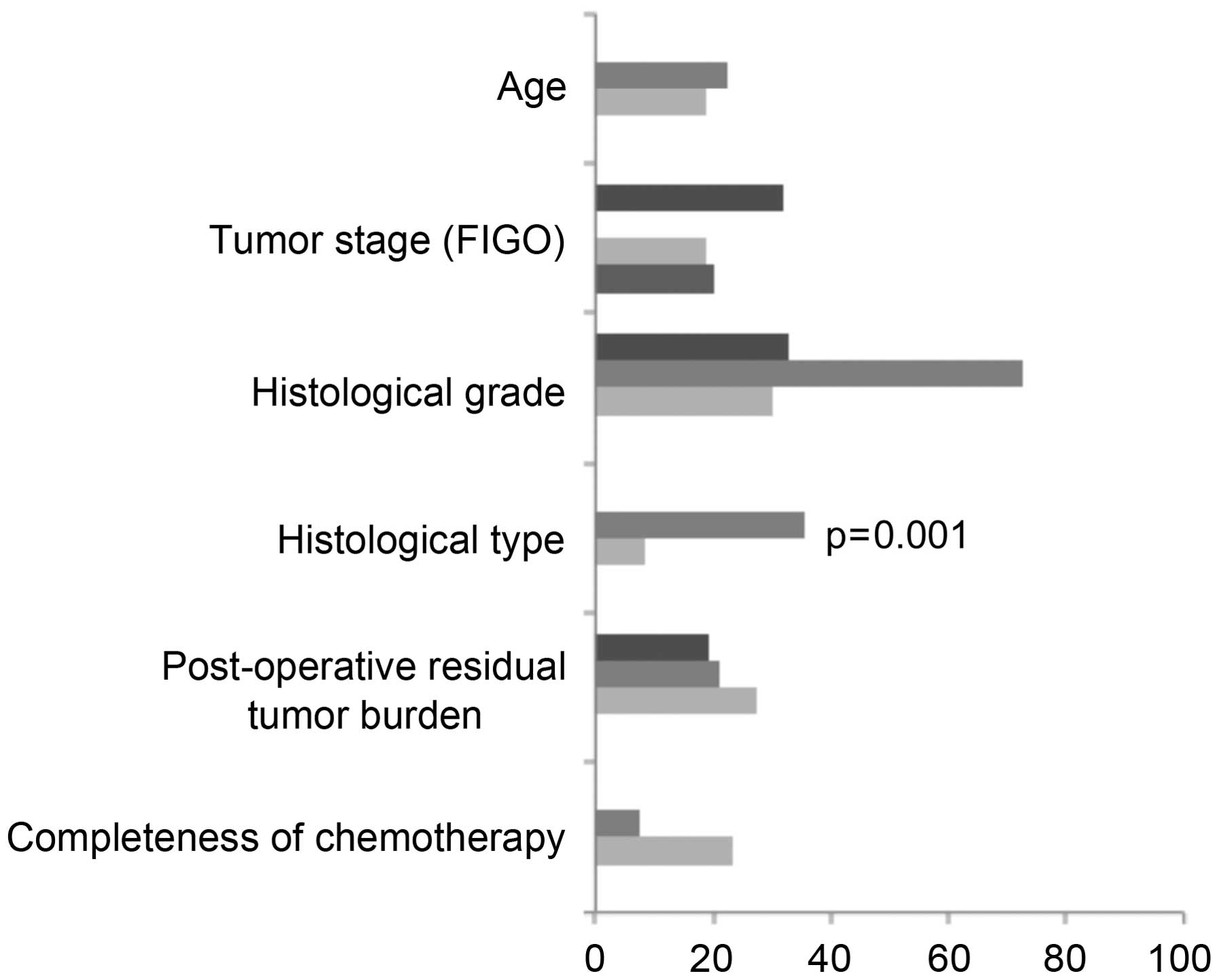Spandidos Publications style
Battista MJ, Schmidt M, Jakobi S, Cotarelo C, Almstedt K, Heimes AS, Makris GM, Weyer V, Lebrecht A, Hoffmann G, Hoffmann G, et al: c‑met is overexpressed in type I ovarian cancer: Results of an investigative analysis in a cohort of consecutive ovarian cancer patients. Oncol Lett 12: 2001-2007, 2016.
APA
Battista, M.J., Schmidt, M., Jakobi, S., Cotarelo, C., Almstedt, K., Heimes, A. ... Eichbaum, M. (2016). c‑met is overexpressed in type I ovarian cancer: Results of an investigative analysis in a cohort of consecutive ovarian cancer patients. Oncology Letters, 12, 2001-2007. https://doi.org/10.3892/ol.2016.4895
MLA
Battista, M. J., Schmidt, M., Jakobi, S., Cotarelo, C., Almstedt, K., Heimes, A., Makris, G., Weyer, V., Lebrecht, A., Hoffmann, G., Eichbaum, M."c‑met is overexpressed in type I ovarian cancer: Results of an investigative analysis in a cohort of consecutive ovarian cancer patients". Oncology Letters 12.3 (2016): 2001-2007.
Chicago
Battista, M. J., Schmidt, M., Jakobi, S., Cotarelo, C., Almstedt, K., Heimes, A., Makris, G., Weyer, V., Lebrecht, A., Hoffmann, G., Eichbaum, M."c‑met is overexpressed in type I ovarian cancer: Results of an investigative analysis in a cohort of consecutive ovarian cancer patients". Oncology Letters 12, no. 3 (2016): 2001-2007. https://doi.org/10.3892/ol.2016.4895

















